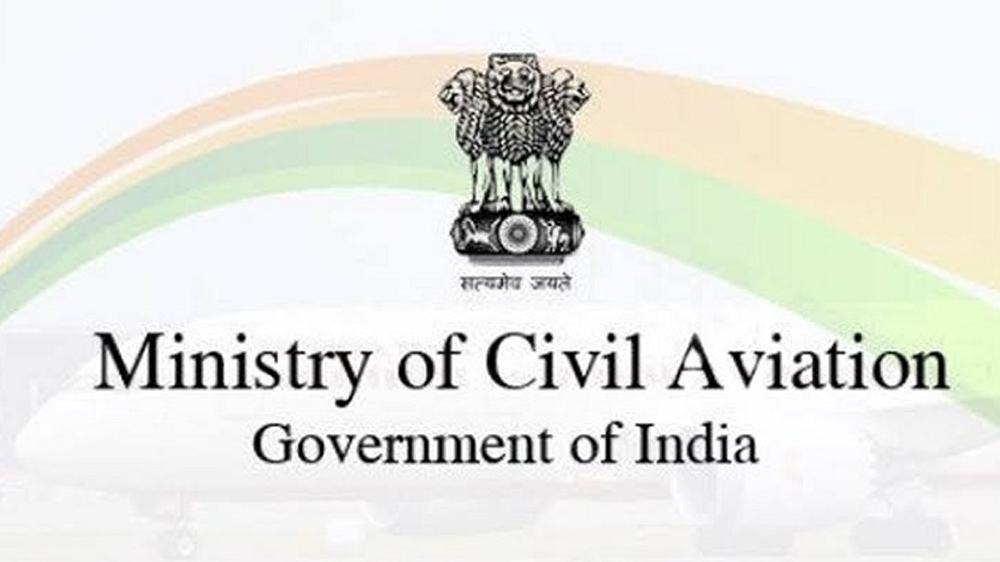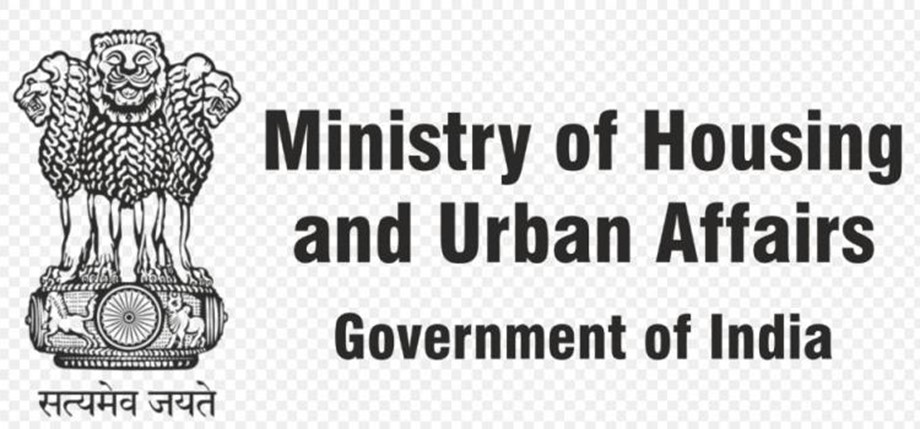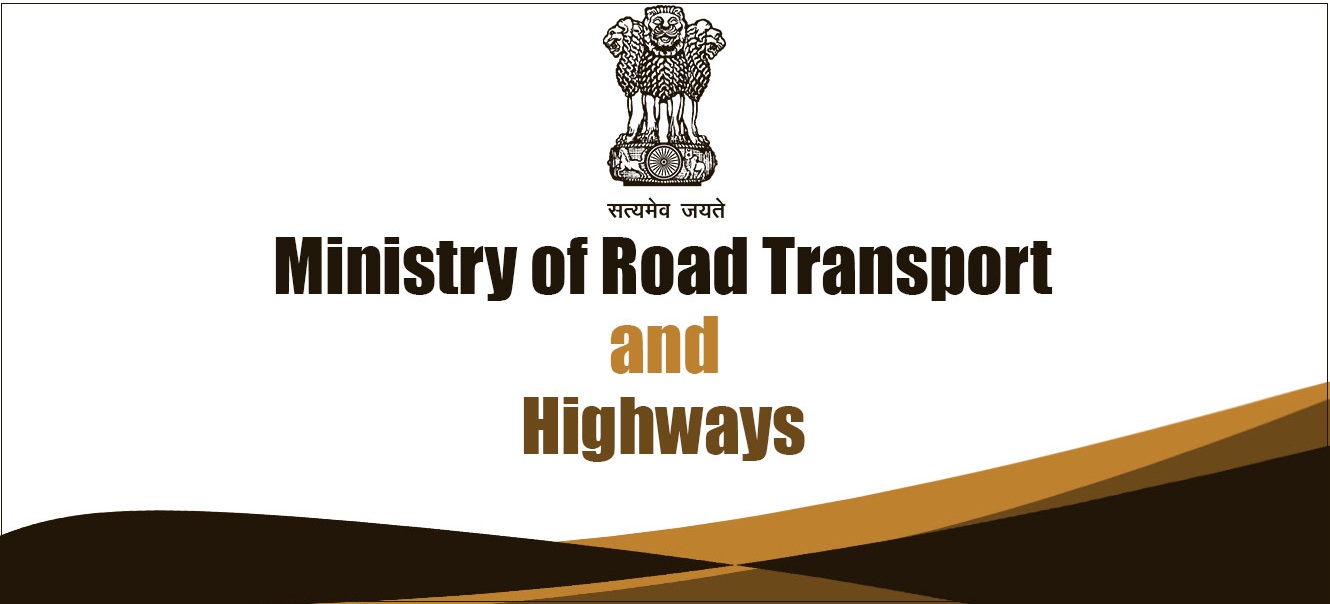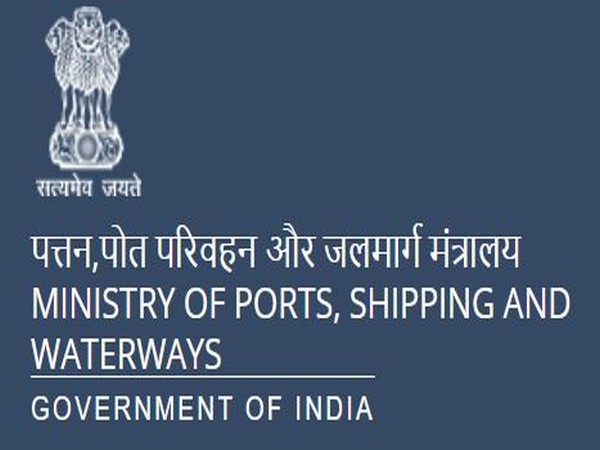INTERNATIONAL COUNCIL FOR LOCAL ENVIRONMENTAL INITIATIVES (ICLEI)

ICLEI – Local Governments for Sustainability is a network of more than 1,750 local and regional governments, supported by a team of global experts, driving sustainable urban development worldwide. Active in 100+ countries, we impact over 25 percent of the global urban population. ICLEI South Asia – the South Asian arm of ICLEI – Local Governments for Sustainability, aims to build and serve a regional network of local governments to achieve tangible improvements in regional and global sustainability through local initiatives. Over 13 years, ICLEI South Asia has emerged a strong and vibrant local government association with a membership base of over 75 cities.
ICLEI South Asia has been implementing EcoLogistics project in cities of Kochi, Panaji and Shimla in partnership with local governments in three cities. Under the project, ICLEI South Asia is providing technical assistance and working closely with various government and private stakeholders on enhancing capacities, strategies, and policies to promote low-carbon urban freight through local action. The project is helping cities to prioritise strategies that focuses on promoting transportation of goods by giving priority to health, safety, people-centered urban development, and low emissions, and encourages circular and regional economies. It follows the strategy to ‘avoid’ (and reduce) freight volume and haul distance; ‘shift’ to (and maintain) more sustainable modes of freight transportation; and improve the logistics operations by using better technologies and operations. A first of its kind and a global initiative, the project is assisting cities to develop Low Carbon Action Plan for Urban Freight, support implementation of demonstration projects in cities, and highlight national policy recommendations for urban freight sector. The EcoLogistics initiative, is being implemented in Argentina, Colombia, and India and supported by the Federal Ministry for the Environment, Nature Conservation, Building and Nuclear Safety (BMU), Germany, through its International Climate Initiative (IKI) programme.
ICLEI South Asia offer a wide range of technical services to help local governments achieve their sustainable development goals; customized and specific methodologies and tools are designed to support planning and implementation of actions related to sustainable urban transport, Sustainable urban logistics, environmental resource management, integrated resource planning, energy auditing, energy efficiency, renewable energy, climate change adaptation and mitigation, municipal service delivery, green building design, sustainable sanitation, urban governance, sustainable procurement, and other allied fields. Training and capacity-building programmes in these areas are a regular feature of our engagement with cities. ICLEI South Asia facilitate South Asian local government participation in UN conferences and other global fora for sustainable development discussions to support an international policy strengthening local initiatives for the global sustainability agenda.
ICLEI South Asia has been implementing EcoLogistics project in cities of Kochi, Panaji and Shimla in partnership with local governments in three cities. The Project aims to advance effective regulatory, planning and logistical instruments at all levels of government to support low-carbon urban freight. A key outcome for the project is the development of city level urban freight baseline, estimation of emission from urban freight sector, city level low carbon action plans for urban freight and national policy recommendations based on the outcomes observed in the project cities.
In addition, ICLEI South Asia had conducted various capacity building trainings for over 300 stakeholders including city and state government officials. It also conducted Eco-Driving training for over 50 freight vehicle drivers in partnership with Petroleum Conservation Research Association (PCRA), Ministry of Ministry of Petroleum and Natural Gas, Government of India and Kerala Institute of Labour and Employment, Government of Kerala. In addition, the organisation is involved in advaocy of various sustainable urban logistics initiatives in Kochi, Shimla and Panaji which includes revitalising waterways for goods transport in Kochi, Redevelopment of Ernakulam market with focus on logistics infrastructure, Promotion of Electric goods carriers in cities.
Institutionalisation of the multi-stakeholder approach
It is well known that moving goods within cities is a complex task with high externalities. However, the entire urban freight is predominantly dominated by informal private operations. which make coordination more difficult. Therefore , an effective framework is required to coordinate among different stakeholders. EcoLogistics initiative by ICLEI South Asia is working with partner cities of Kochi , Panaji and Shimla to strengthen institutional capacity through multi-stakeholder participation and encourage vertical integration. The Kochi Metropolitan Transport Authority (KMTA), has approved the formation of an urban freight committee, to integrate, plan and regulate urban freight as part of urban mobility and development. The committee shall include representatives from the Chamber of Commerce and Industry, Cochin Goods Transporters Association, Ernakulam Market Stall Owners Association, and three-wheeler goods vehicle unions (In addition to regular KMTA members which includes district collector, city police commissioner, mayor, local MLA ). The committee will play a major role in developing and implementing local urban freight strategies and policies for their city. Also city of Panaji and Shimla had constituted multi stakeholder group chaired by municipal commissioner with representatives from various government agencies as well as private sector representatives.
Formulation of City level urban freight baseline by Indian CitiesCurrently the urban logistics operations are responsible for the high environmental externalities. One of the dominant factor for it is the absence of a comprehensive understanding of supply chain and freight logistics in the urban area among city planners and decision-makers (city, state and national level). It is resulting in transport-related policies and facilities being planned merely from the passenger transport perspective, without considering the needs of freight transport. The entire supply chain is predominantly dominated by informal private operation. Additionally, the data regarding urban freight is scarce and scattered. There is major issue of informal market in Indian cities whose goods movement becomes difficult to assess. In the above context, the project assisted city of Panaji, Kochi and Shimla to establish comprehensive understanding of supply chain and develop city level urban freight baseline. It is first time that three Indian cities will be having city level urban freight baseline approved by local government.
Formulation of city level Low Carbon Action Plan for Urban FreightDue to limited discussions on urban freight transport-related policies and facilities being planned merely from the passenger transport perspective, without considering the needs of freight transport. Therefore, building on the urban freight baseline, the EcoLogistics project is assisting three cities (Panaji, Shimla and Kochi) to develop Low Carbon Action Plan for Urban Freight.The Low Carbon Action Plan highlights the importance of improving the efficiency of freight movement in the city. The goal of the Action Plan to reduce greenhouse gas emissions runs parallel to efficient freight operations. The action plan is intended to help decision-makers to identify sustainable urban freight strategies to tackle major challenges affecting city liveability.
Name: Himani Jain (PhD), Sr. Programme Lead (Mobility)
E-mail ID: himani.jain@ceew.in








